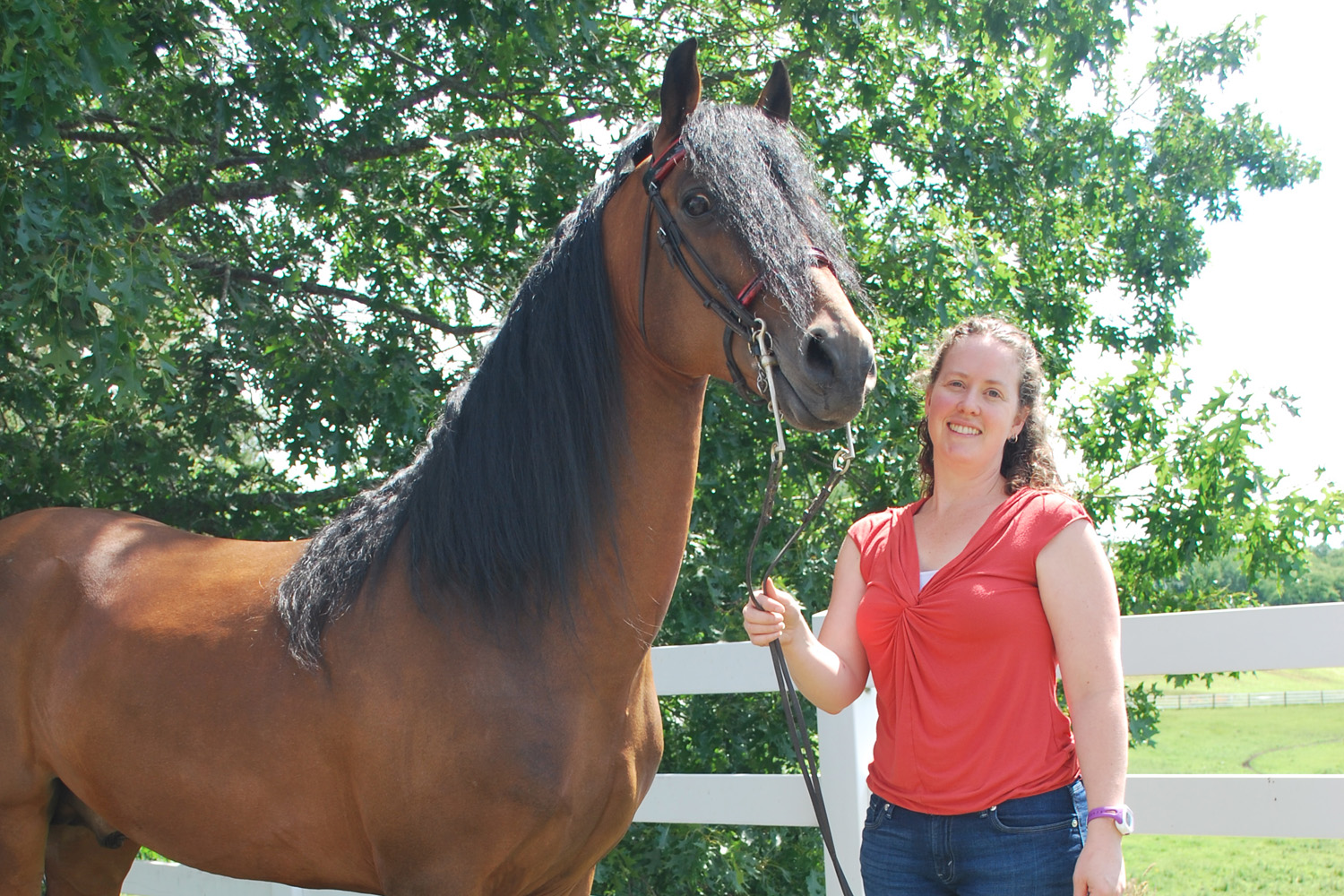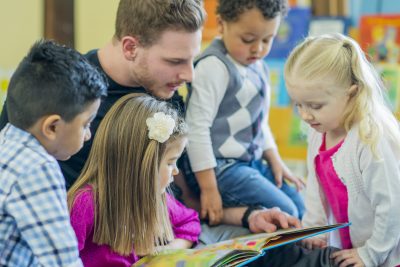Sarah Reed, associate professor in the Department of Animal Science, has received the UConn Center for Excellence in Teaching and Learning (CETL) University Teaching Innovation Award. Each year, the CETL honors one full-time faculty member committed to improving student learning and engagement. Reed was nominated by Steven Zinn, department head.
“I was very honored to receive this award because it comes from the teaching institute at UConn, is selected by my peers and recognizes professors who do things a little differently for the sake of the students,” Reed says. “I appreciate the recognition and being part of a group of former honorees who are teachers I hold in high regard.”
“Dr. Reed is an energetic, enthusiastic, engaged and caring teacher,” Zinn says. “She presents information in an accessible manner, breaking down complex subjects into smaller, manageable concepts, then connecting them together in the big picture.”
“I strive to be innovative in my teaching approaches and am not afraid of trying new methods, activities or assignments in my courses,” Reed notes.
Reed developed the Comparative Exercise Physiology class and the companion W (writing) class, Scientific Writing in Comparative Exercise Physiology. “To me, what is most important about this class is that not only do the students write literature reviews, but they take what they learn and translate that into a piece for the public. I want them to learn how to communicate science effectively.”
“This has been a learning process for me and something the students have responded to very well,” Reed says. “Only a few of them are going into a field where they have to write a scientific literature review. It’s important for them to know where to get the information and how to do that type of research, but for me it’s more important for them to take that research and knowledge and put it into something they can use to educate other people without the same background. It’s really critical for our students to be able to do that.”
Reed works with students in her science-related W courses to help them understand how to interpret scientific material while avoiding plagiarism. To help students understand plagiarism, she developed an assignment using SafeAssign software through HuskyCT that identifies potential plagiarism. Her goal is to use this assignment to teach students about plagiarism in an honest, safe environment where they can discover their mistakes and learn from them.
In the spring of 2019, she created a new experiential learning course, Advanced Broodmare and Foal Management, based on an earlier independent study program call Foal Watch. In the new course, students work closely with Reed and Lisa Streff, the horse barn manager, to observe and monitor pregnant horses throughout the process of foaling. The students care for the horses and foals, increasing their watch as the births are imminent.
The students also create presentations and write papers that are designed to help educate horse owners.
Reed also teaches a horse breeding farm management course that includes both two-year and four-year students. She adjusts her teaching style to adapt to students at different levels while challenging but not overwhelming either group.
In 2014, Reed incorporated the iClicker technology in her classroom to engage students and assess their understanding of the material. “I use this technology as a way to initiate discussion between students,” she says. “More importantly, this allows students to participate who are uncomfortable speaking in a classroom setting.”
“Each year, I assess my courses based on student evaluation comments and self-reflection,” Reed points out. “This has allowed me to continue to improve my course content, assignments, assessments and teaching style.”
“Part of teaching innovation is the realization that as a teacher I must never stop learning,” she says. “I really love to teach, and I also love science. I enjoy working with students, and one of my favorite moments is when they have that ‘Aha!’ moment and everything just clicks. I’m trying to encourage an interest in science as well as in the world around us.”



